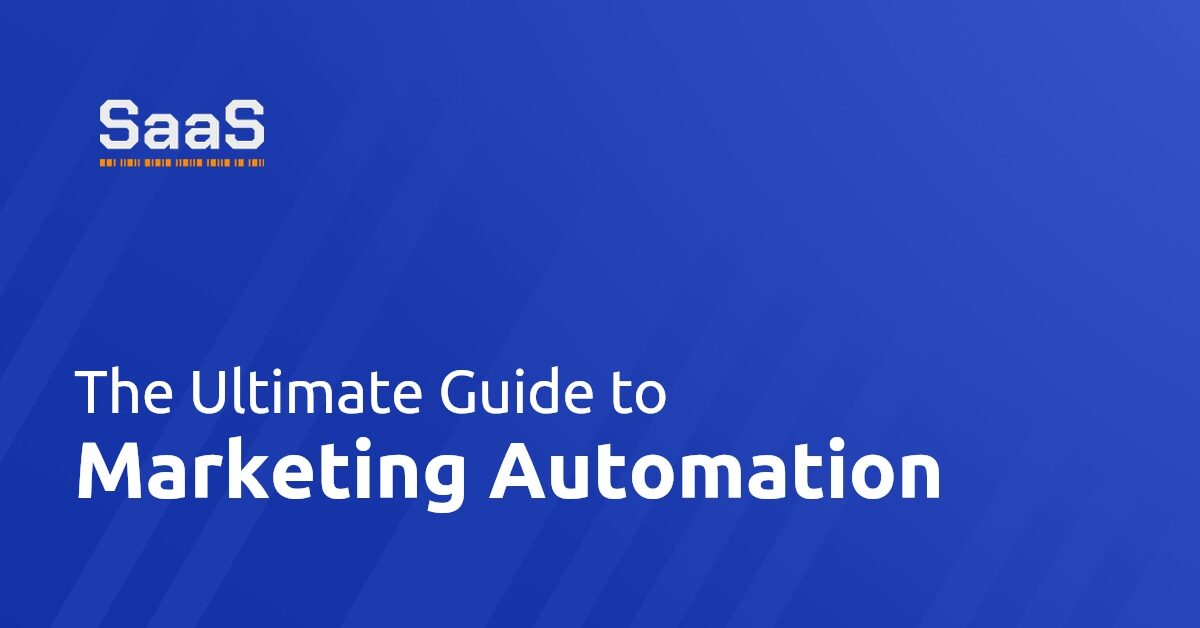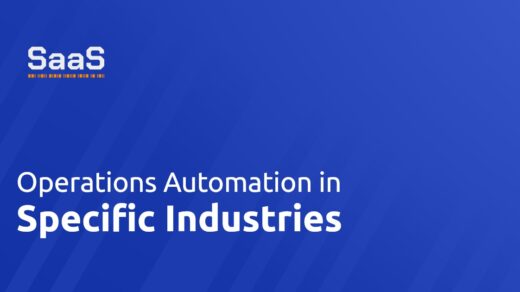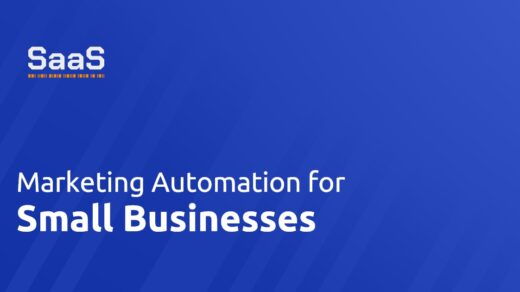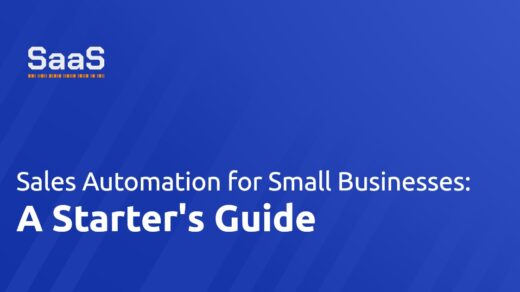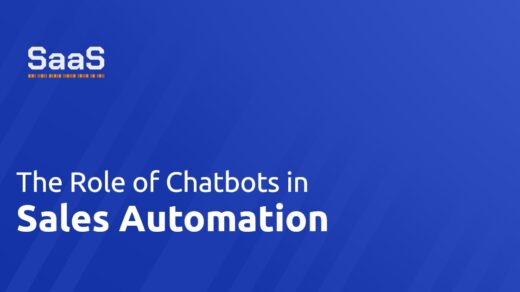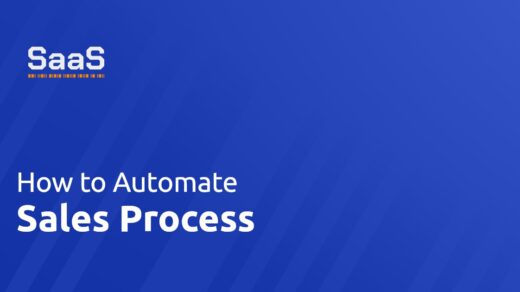What is marketing automation and how does it work?
Marketing automation is the use of software to automate and streamline marketing tasks that are often repetitive and time-consuming. These tasks can include email marketing, social media posting, and even ad campaigns. At its core, the main goal of marketing automation is to simplify marketing operations, improve efficiency, and grow revenue more effectively.
This process works through an automated platform that allows marketers to nurture leads with highly personalized, useful content that aids in converting prospects to customers and turn customers into delighted ones. Simply put, it's a way to tailor your engagement with your audience on a scale that would simply be impossible manually.
Benefits of implementing marketing automation software
Marketing automation software brings several benefits to the table. It not only eases the burden on your team by handling mundane tasks but also offers opportunities to drive better customer engagement and build more effective marketing campaigns.
An effective marketing automation tool will enable you to generate higher-quality leads. This happens as the software allows for better targeting and segmentation of your audience, leading to more personalized interactions. Moreover, it creates efficiency by reducing human error and freeing up your team's time to focus on more creative and strategy-oriented tasks.
Beyond the operational benefits, marketing automation can drive measurable improvements in overall business performance. It can provide marketers with valuable insights to optimize their marketing efforts and increase returns on their marketing investments.
Top strategies for successful marketing automation campaigns
Creating successful marketing automation campaigns requires a clear understanding of your target audience and business goals, along with a customer-centric strategy. The first strategy in ensuring a successful automation campaign is to segment your target audience. It allows for better personalization and directly impacts the engagement rates.
Another technique is to recognize that marketing automation goes beyond email. It encompasses a variety of communication channels like social media, SMS, web, and more. Hence, using omnichannel marketing automation can significantly increase your campaign’s performance.
Lastly, continuous testing and optimization is key. With the amount of data available through automation software, you can experiment with different messaging, timings, and audiences to find your most effective strategies.
Key considerations when choosing a marketing automation platform
Choosing a marketing automation platform can be overwhelming, considering the multitude of options available. Nevertheless, there are several key factors businesses should consider when selecting the right tool.
Before anything else, it's crucial to have clear objectives and a comprehensive understanding of what you want to achieve with automation. This will help you identify the essential features you need in a platform.
Ease of use is another vital consideration. It doesn’t matter how advanced the platform is; if the learning curve is too steep, it may end up hampering your productivity.
Integration capability also holds immense importance because your marketing automation tool needs to be able to seamlessly integrate with your existing systems (like CRM, analytics tools, etc.) to realize the true potential of marketing automation.
Lastly, consider the costs. This includes not only the initial investment but also potential costs for implementing, integrating, training, and an ongoing basis.
In conclusion, as marketing automation becomes more ingrained in daily marketing activities, understanding its ins and outs can pave the way for successful, automated campaigns that can bring impressive returns on investments.

